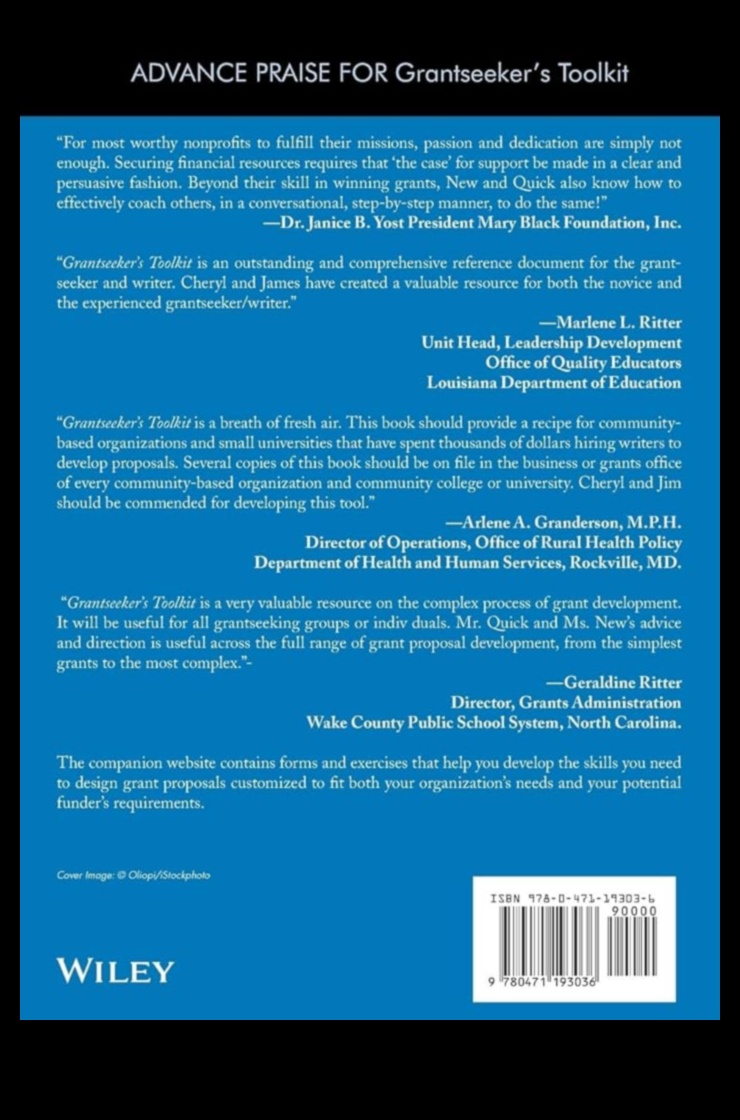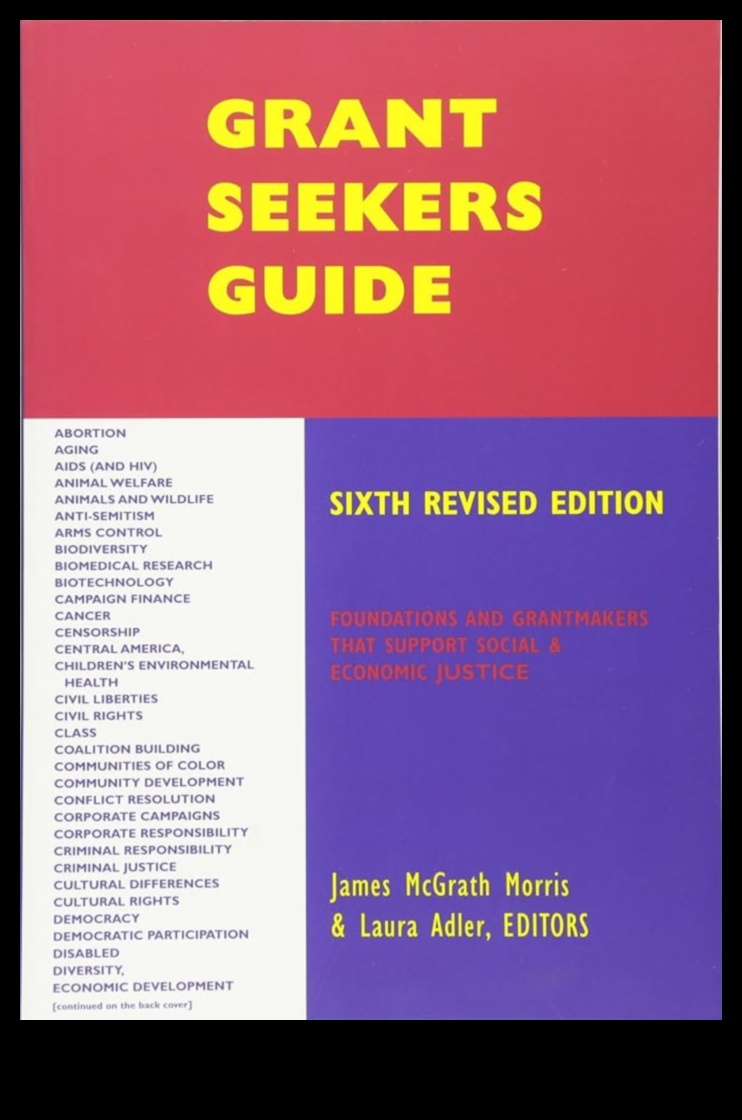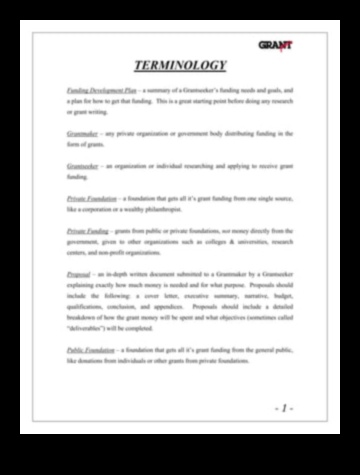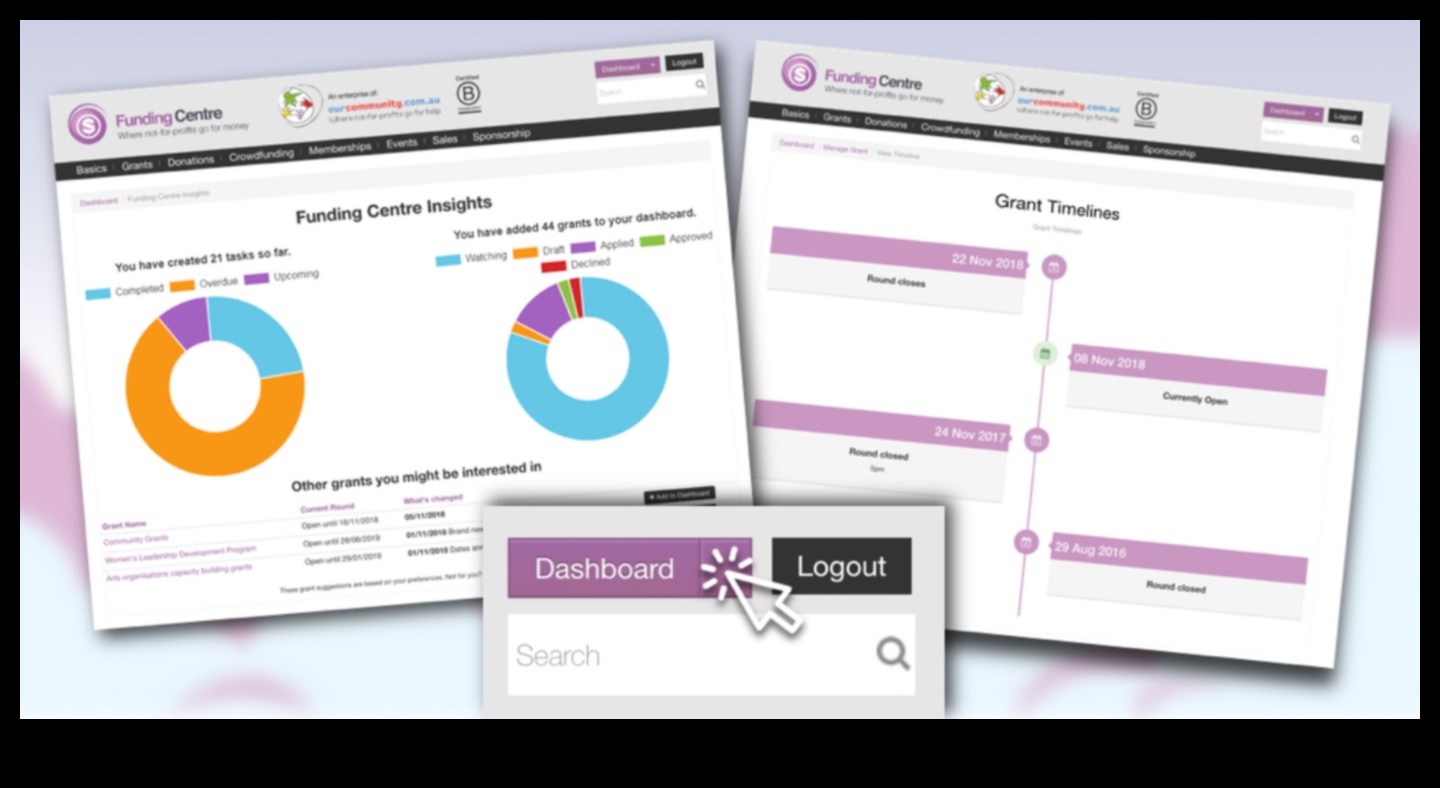
How to Get a Grant
II. What is a grant?
III. How do I find grants?
IV. How to write a grant proposal
V. How to submit a grant proposal
VI. Grant application tips
VII. Grant rejections
VIII. Grant writing resources
IX. Grant writing workshops
X. FAQ
| Feature | Answer |
|---|---|
| Grant | A grant is a sum of money given by an organization or individual to support a particular project or activity. |
| Funding | Funding is the money that is needed to support a project or activity. |
| Apply for grant | To apply for a grant, you will need to submit a grant proposal. A grant proposal is a written document that describes the project or activity that you want to fund, and how you will use the money. |
| Grants for businesses | There are many different types of grants available for businesses, including grants for start-ups, grants for small businesses, and grants for women-owned businesses. |
| Grants for nonprofits | There are also many different types of grants available for nonprofits, including grants for general operating expenses, grants for specific projects, and grants for disaster relief. |

II. What is a grant?
A grant is a financial award that is given to an individual or organization to support a specific project or activity. Grants are typically awarded by government agencies, foundations, or corporations.
There are many different types of grants available, each with its own set of criteria and requirements. Some grants are specific to certain types of projects or organizations, while others are more general.
Grants can provide a valuable source of funding for projects that would not be possible without them. However, it is important to note that grants are competitive and not all applications are successful.
III. How do I find grants?
There are many different ways to find grants. Here are a few tips:
- Start by doing a Google search for “grants for [your topic]”.
- Check out the websites of foundations and government agencies that offer grants.
- Sign up for email alerts from grant-giving organizations.
- Network with other people in your field who are familiar with grant opportunities.
Once you’ve found a few grants that you’re interested in, be sure to read the eligibility requirements carefully. Make sure that your project or organization meets all of the criteria before you apply.
You can also find grants by using a grant-finding service. These services can help you search for grants, write grant proposals, and track the status of your applications.

IV. How to write a grant proposal
A grant proposal is a written document that you submit to a funding organization in order to request funding for your project. The purpose of a grant proposal is to convince the funding organization that your project is worthy of their investment.
A good grant proposal should be well-written, well-organized, and persuasive. It should clearly explain the need for your project, the goals you hope to achieve, and the methods you will use to achieve those goals. It should also include a budget and a timeline.
Here are some tips for writing a successful grant proposal:
- Do your research. Make sure you understand the funding organization’s priorities and requirements before you start writing your proposal.
- Tailor your proposal to the specific funding organization. Highlight the aspects of your project that are most relevant to the organization’s mission and goals.
- Be clear and concise. Your proposal should be easy to read and understand.
- Be persuasive. Convince the funding organization that your project is worthy of their investment.
If you are not sure how to write a grant proposal, you can find many resources online and in libraries. There are also many grant writing workshops and consultants available.

V. How to submit a grant proposal
Once you have written a strong grant proposal, it is time to submit it. The submission process will vary depending on the grantor, but there are some general tips that you can follow to increase your chances of success.
First, make sure that you read the grant guidelines carefully and follow all of the instructions. This includes submitting your proposal on time and in the correct format.
Second, make sure that your proposal is well-written and error-free. This means proofreading your proposal carefully and correcting any mistakes.
Third, make sure that your proposal is tailored to the specific grantor. This means highlighting the ways in which your project or organization is a good fit for the grantor’s mission and goals.
Fourth, provide all of the requested information. This includes any required attachments, such as a budget or a timeline.
Finally, be patient. The grant review process can take some time, so don’t be discouraged if you don’t hear back right away.
II. What is a grant?
A grant is a sum of money awarded to an individual or organization to fund a specific project or activity. Grants are typically awarded by government agencies, foundations, or corporations.
There are many different types of grants available, each with its own set of criteria and requirements. Some of the most common types of grants include:
- Research grants
- Education grants
- Entrepreneurial grants
- Community development grants
- Environmental grants
To learn more about the different types of grants available, you can visit the following websites:
VII. Grant rejections
Grant rejections are a common occurrence, and it’s important to know how to deal with them if you’re ever on the receiving end. Here are a few tips:
- Don’t take it personally. Grant reviewers are often faced with difficult decisions, and they may not have the time to provide detailed feedback on each application.
- Ask for feedback. If you’re not sure why your grant was rejected, you can always ask the grant reviewer for feedback. This can be helpful for improving your grant proposal for future submissions.
- Don’t give up. Just because you’ve been rejected from one grant doesn’t mean you won’t be successful with the next one. Keep learning, keep writing, and keep applying for grants until you find one that’s a good fit for your project.
Grant rejections can be disappointing, but they’re also an opportunity to learn and grow. By understanding why your grant was rejected, you can improve your chances of success in the future.
Grant writing resources
Here are some resources that can help you with grant writing:
- Grants.gov is a government website that provides a centralized database of federal grants.
- Foundation Center is a nonprofit organization that provides information about foundations and their grantmaking activities.
- Idealist is a nonprofit organization that provides a searchable database of nonprofit organizations and their grant opportunities.
- GrantWriting.com is a website that offers online courses, workshops, and templates to help you write grant proposals.
IX. Grant writing workshops
Grant writing workshops can be a great way to learn the basics of grant writing and to get feedback on your grant proposals. There are a number of different grant writing workshops available, both online and in person.
Online grant writing workshops are a convenient option for busy professionals who want to learn about grant writing without having to travel. These workshops are typically offered through online learning platforms, such as Coursera or Udacity.
In-person grant writing workshops are a great way to network with other grant writers and to get personalized feedback on your proposals. These workshops are typically offered by non-profit organizations, universities, and government agencies.
When choosing a grant writing workshop, it is important to consider the following factors:
- The cost of the workshop
- The format of the workshop (online or in-person)
- The length of the workshop
- The curriculum of the workshop
- The credentials of the instructors
By considering these factors, you can choose a grant writing workshop that is right for you and that will help you to improve your grant writing skills.
FAQ
Q: What is a grant?
A: A grant is a financial award that is given to an individual or organization to support a specific project or activity. Grants are often awarded by government agencies, foundations, and corporations.
Q: How do I find grants?
A: There are a number of ways to find grants. You can search online grant databases, subscribe to grant alerts, or contact grant-making organizations directly.
Q: How to write a grant proposal?
A: A grant proposal is a written document that describes your project or activity and explains why you need funding. Grant proposals should be clear, concise, and persuasive.